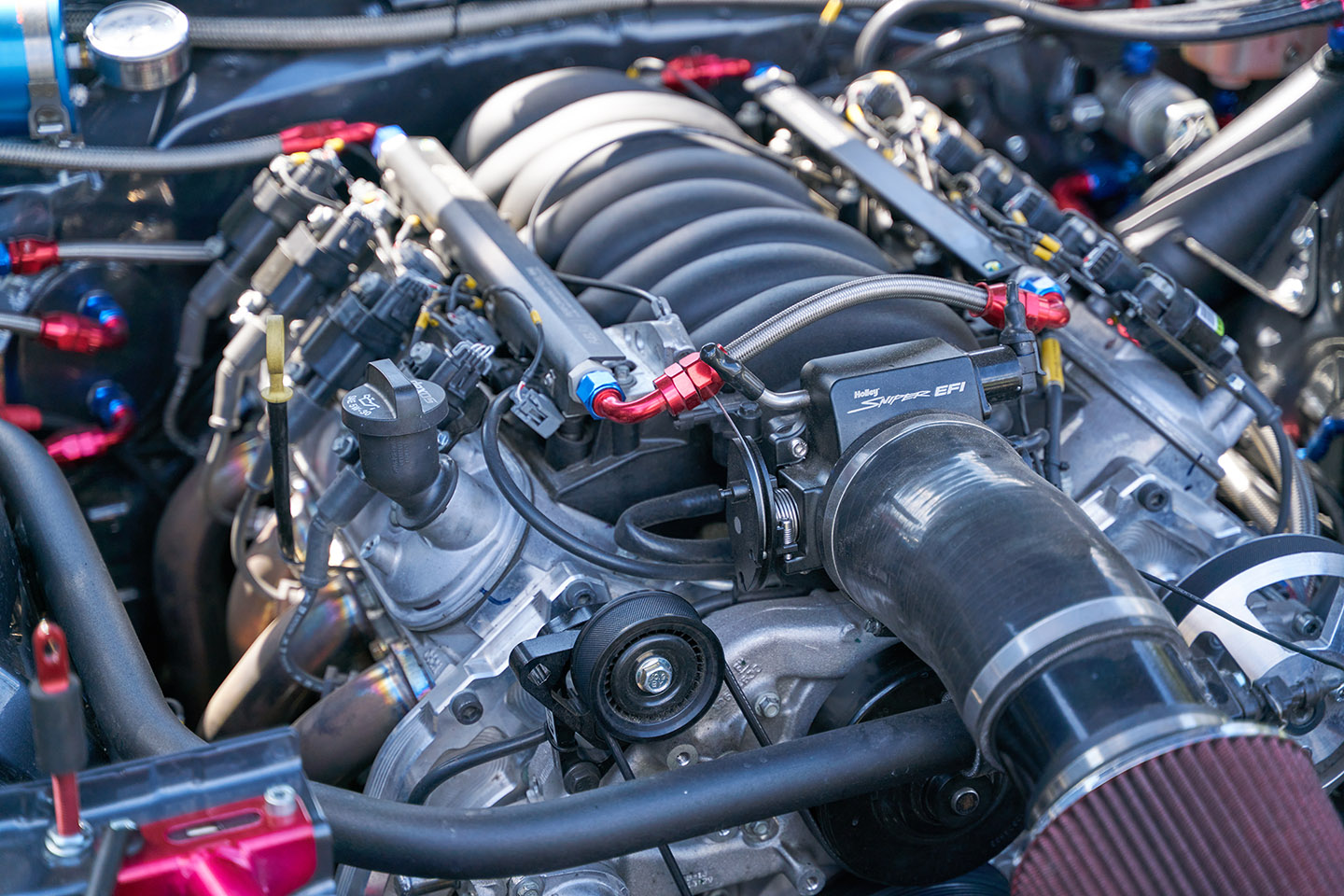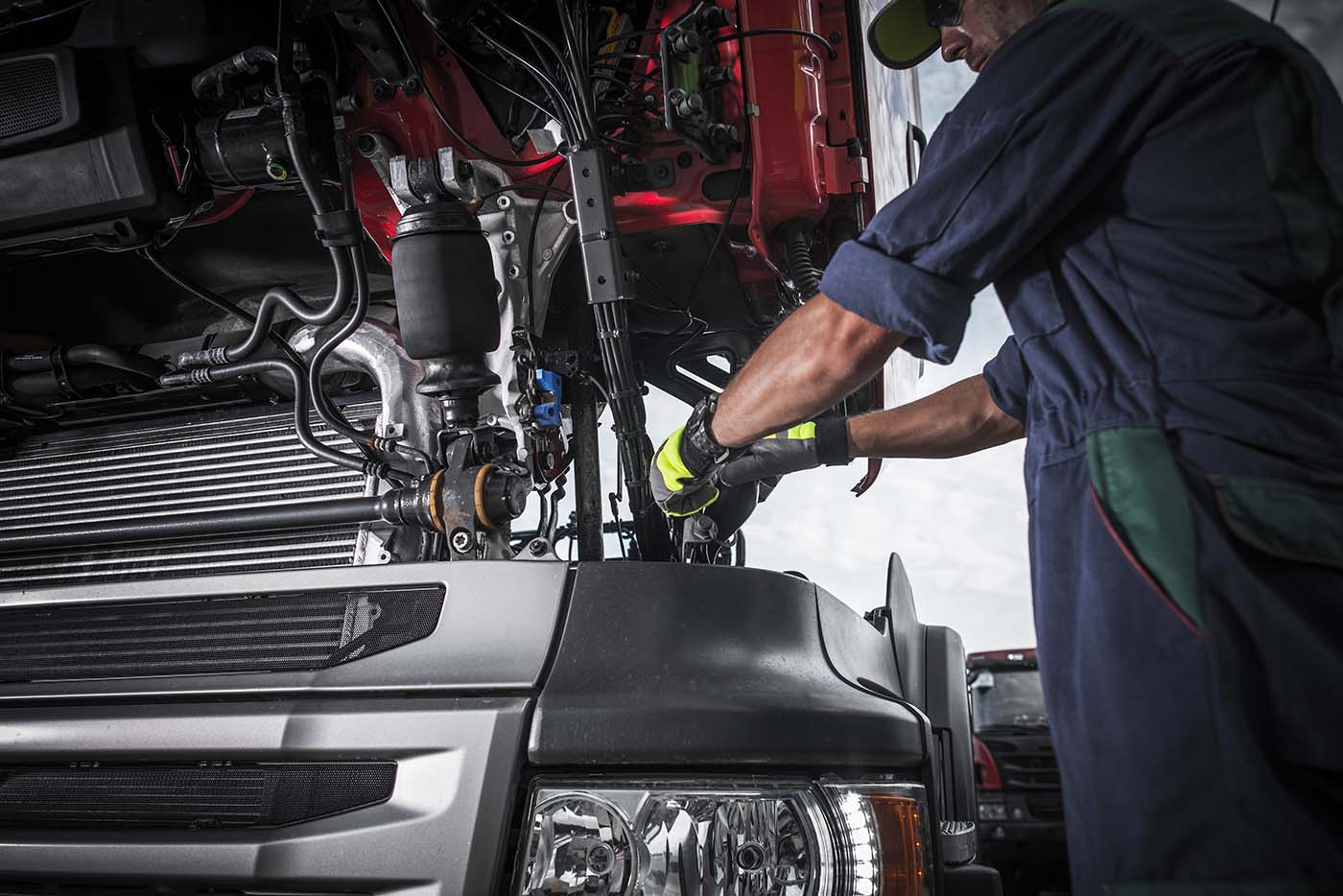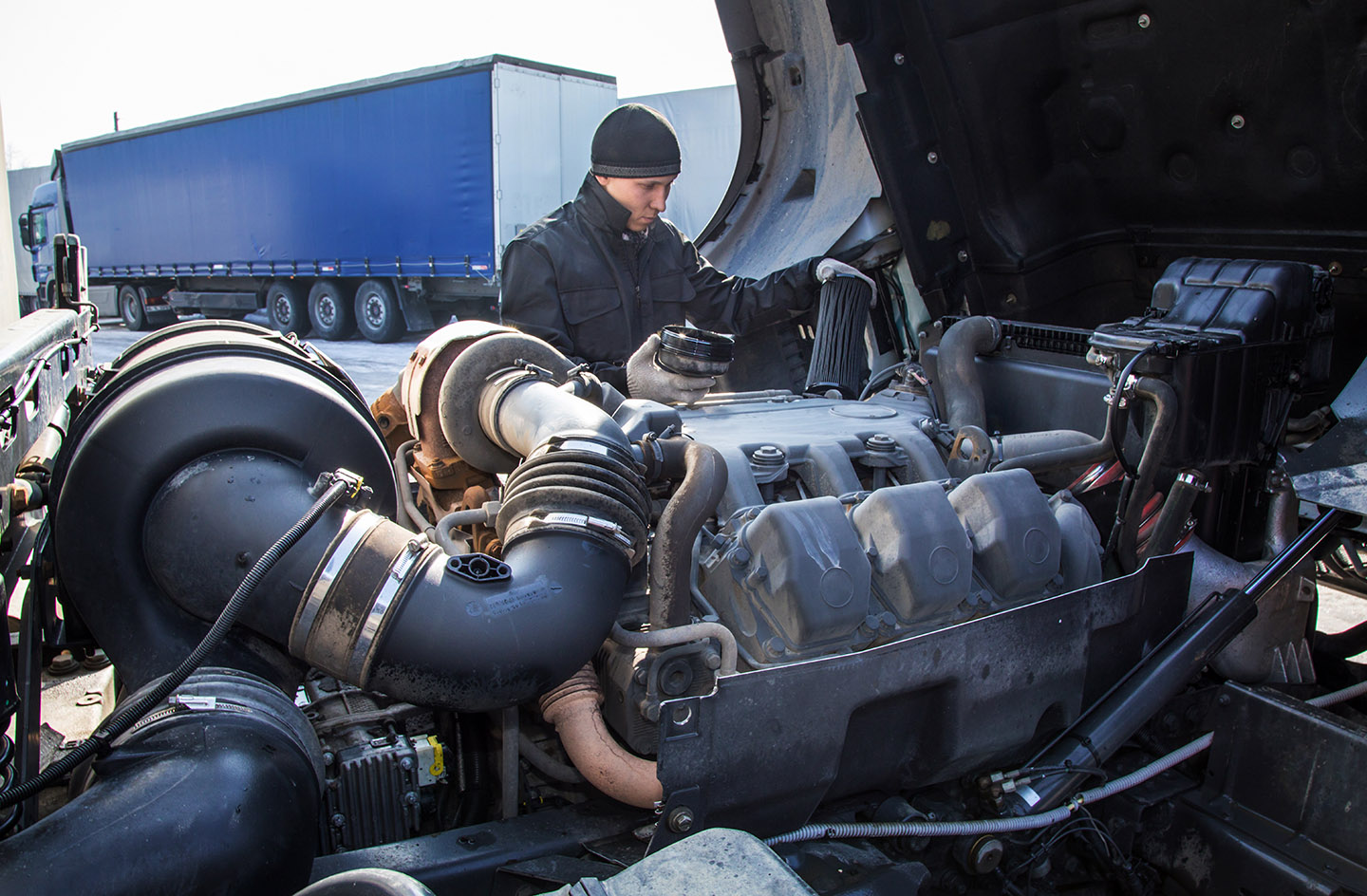How Many Miles Will a Diesel Engine Last?
Jan 10th 2022

If you’re in the market for a new diesel engine, you’re probably wondering how long the engine will last. The good news is that a well-maintained diesel engine will last much longer than the average gasoline-powered engine. These machines come with heavy-duty parts and components that are built for long-term reliability on and off the road. Learn how to extend the life of your diesel engine with regular maintenance.
What is the Average Lifespan of a Diesel Engine?
The general consensus in the industry is that a well-maintained diesel engine will last anywhere between 1,000,000 and 1,500,000 miles without needing any major repairs. Some makes and models can last up to 30 years on the road, which is more than twice as long as the average gas-powered vehicle.
But that number isn’t set in stone. A number of different factors will affect the lifespan of your diesel engine, including the type of engine, how you drive, and the type of fuel you use to power the vehicle.
For example, the 6.7L Cummins and 6.7L Powerstroke diesel engines are among the most powerful and reliable on the market today, while the 6.0 Powerstroke engine is known for breaking down over time due to a range of design issues. Manufacturers release new versions of their diesel engines every few years to improve performance. The more recent the engine, the longer it will last.

You will need to replace or repair your diesel engine faster if you are known to put your vehicle through the ringer. Heavy towing, lots of starting and stopping, and short trips can lead to excess wear and tear.
The type of fuel you use will affect how well your engine performs under various conditions. Experts recommend using No. 1 diesel fuel in the winter to reduce the chances of gelling and improve lubrication. No. 1 diesel is slightly more expensive than No. 2 diesel, but it will serve your engine well over the long term.
How to Extend the Life of Your Diesel Engine
There are several things you can do to make your diesel engine last as long as possible. Lubrication is the key to any healthy diesel engine. The average gasoline-powered car will only use a gallon of oil, while diesels use as many as 15 gallons of oil. That’s because diesel engines contain more parts and components, all of which need to be lubricated to prevent long-term damage. It’s your job to change the oil regularly as it fills up with all kinds of debris. You also make sure there is enough oil in the engine to keep everything running smoothly.
Adding oil is only part of the solution. You also have to make sure the oil gets where it’s going. The high-pressure oil pump (HPOP) pressurizes the oil as it moves through the engine system. If the oil doesn’t have enough pressure, these parts will start to grind against each other. The injection pressure regulator valve regulates the pressure of the oil coming out of the HPOP to keep it moving. Test the IPR valve regularly to make sure it’s working properly and find replacement IPR valves online to reduce unnecessary friction.

You also need to make sure the engine doesn’t overheat. Diesel engines use an exhaust gas recirculation (EGR) system to reduce the temperature of the exhaust gas. Coolant flows next to the exhaust gas to transfer heat away from the combustion chamber. Keep your coolant at the right level to avoid putting excess pressure on the engine. You should also flush out your dirty coolant and replace it with new fluid every 60,000 miles or more.
Don’t forget to keep your diesel engine clean. Everyday dirt and grime can gunk up internal parts and components, making it harder for them to do their job.
Your diesel engine is only as good as your diesel parts. Don’t neglect warning signs that something is wrong under hood. Replace your diesel parts often to avoid doing permanent damage to your engine.
